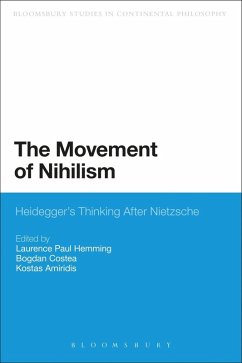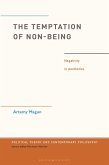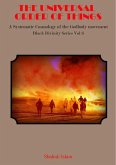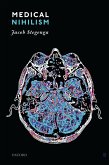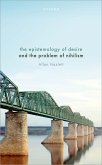When Nietzsche announced 'the advent of nihilism' in 1887/88, he argued that he was sketching 'the history of the next two centuries': 'For some time now', he wrote, 'our whole European culture has been moving as toward catastrophe [...]: restlessly, violently, headlong, like a river that want to reach the end, that no longer reflects, that is afraid to reflect.'
Can we gain a ground for reflection upon our own condition? Can we heed Nietzsche's warning? Can we respond to the challenge? In this book, eleven newly commissioned essays from leading scholars offer an attempt to grasp Nietzsche's prescience through Heidegger's critique of it; attempting to think through the philosophical consequences of the last century in reading the signs of our own condition. The book also provides and fascinating and unique discussion of some of the lesser-known texts of the later Heidegger.
Can we gain a ground for reflection upon our own condition? Can we heed Nietzsche's warning? Can we respond to the challenge? In this book, eleven newly commissioned essays from leading scholars offer an attempt to grasp Nietzsche's prescience through Heidegger's critique of it; attempting to think through the philosophical consequences of the last century in reading the signs of our own condition. The book also provides and fascinating and unique discussion of some of the lesser-known texts of the later Heidegger.

